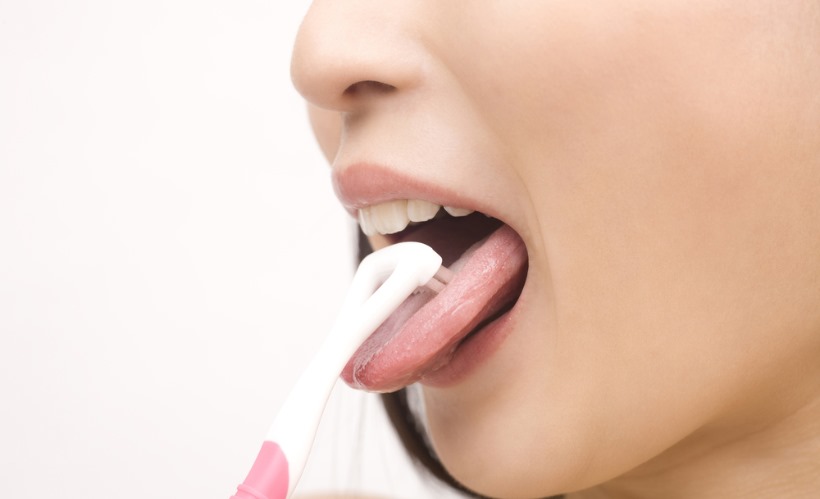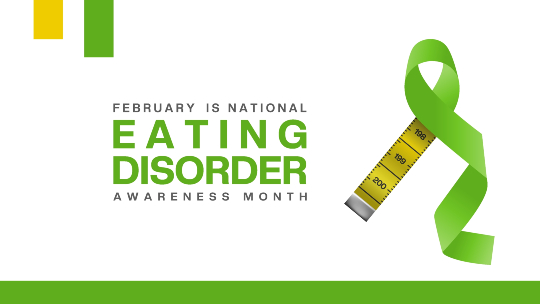Just how important is oral health? We all want a nice smile and fresh breath is definitely a plus, but is it really that important to brush twice and floss daily? The answer is yes! In 2014, the Center for Disease Control (CDC) reported that about half of American adults aged 30 and over have some form of gum disease. The 65 and older crowd reported having a 70 percent prevalence rate for gum disease. The CDC published a new study in 2016 that named the three states with the most prevalence for gum disease: New Mexico – 52.79%, Hawaii – 51.10%, and Florida – 49.47%.

Gum disease is a serious issue for a large percentage of the U.S. population. It occurs when bacteria in dental plaque builds up between the teeth and gums. As the bacteria grows, the gums around the teeth becomes red and swollen. Brushing twice daily for two minutes is the best defense against gum disease. Don’t forget to brush your tongue! Your tongue is very much like a rug and bacteria loves to set up camp there. A dirty tongue can cause bad breath and spread bacteria to your teeth and gums. Flossing once a day helps to remove plaque and food particles from between your teeth. Floss also goes below the gum line where your toothbrush can’t reach. This is a good way to ensure your breath is not offensive throughout the day — rotting food particles do not smell good. Mouthwash is also a good way to get rid of plaque and food particles that brushing and flossing may have missed.

Many of us are working against genetics and unhealthy habits. Some families share the gift of having mouths that are plaque factories. These lucky individuals must be more vigilant with their preventive maintenance and would likely benefit from quarterly cleanings, which you should discuss with your dentist if you think you’re a candidate. Others smoke and/or do not engage in a well-balanced diet, may have diabetes or coronary artery disease. All of these factors can increase your risk of gum disease and should be discussed with your dentist.
Help us keep Hawaii beautiful! Practice good preventive oral maintenance and talk to your dentist about a periodontal cleaning schedule that is best for you and your risk level.




